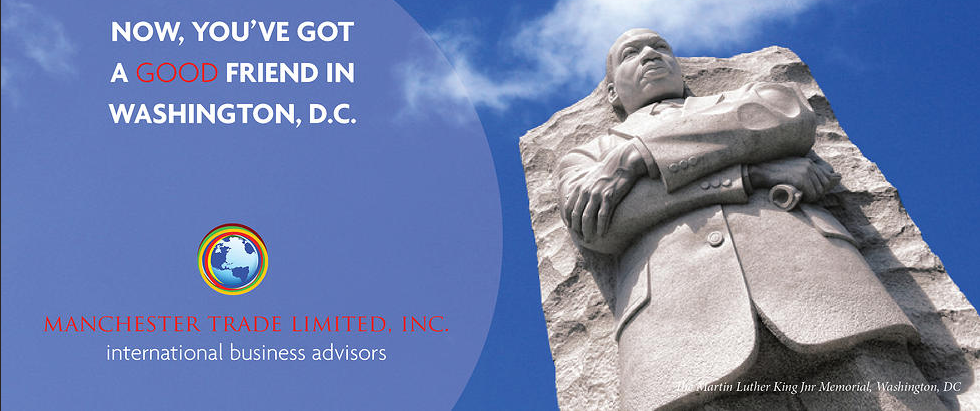Source: Business Daily Africa
The cultivation of coffee for fair trade has turned the fortunes of this historical cash crop around in some poor rural areas on the slopes of Mount Elgon in eastern Uganda. The east African country’s government liberalised the coffee export market in 1990s, attracting many coffee buyers to the Arabica coffee-growing districts. Increased competition went hand in hand with cash payments to farmers from the sale of coffee, as opposed to the old system where they had to wait for cooperatives to pay them. Nevertheless, the prices remained low at 0.35 dollars for one kilogramme of coffee and farmers could not break even. Some farmers lost interest in coffee cultivation while others started to cut corners. The coffee was not pulped well; it was mixed with husks and sand to increase weight. Concerned about the decline in the quality and quantity of the historical cash crop, some former staff and members of the Bugisu Cooperative Union formed Gumutindo Cooperative Trading and adopted fair trade rules.
Gumutindo means quality in the native language of the Arabica coffee - growing tribe that lives on the slopes of Mount Elgon in eastern Uganda. Sam Magona, one of the founders of Gumutindo, told IPS that by joining the fair trade movement they wanted to reclaim the reputation of Ugandan Arabica coffee on the world market and to ensure that farmers got higher prices for their produce. Gumutindo has since established it own warehouse in Mbale, some 300 km east of Uganda’s capital Kampala. It is affiliated to the British-based Fairtrade Foundation and exports organic coffee to Café Direct Plc and Trade Aid, among others.
Apart from paying higher prices, Gumutindo provides a social premium with each kilogramme of coffee that is produced. This premium comes in the form of a bonus to farmers which they can use to set up support projects, in the areas where coffee is cultivated, that are also aimed at those people not engaged in coffee production.
Quality assurance
Lydia Nabulumbi, Gumutindo’s quality assurance officer, told IPS that the sorting process is done both by machines and humans to ensure quality. “The criteria for determining whether to buy the coffee are strict. When the coffee comes through the gates, our quality assurance people check the beans.
Lydia Nabulumbi, Gumutindo’s quality assurance officer, told IPS that the sorting process is done both by machines and humans to ensure quality. “The criteria for determining whether to buy the coffee are strict. When the coffee comes through the gates, our quality assurance people check the beans.
Cleaner coffee
“Quality is about the physical appearance of the coffee beans and how clean they are. Then they check the moisture content and the number of defects. When they decide that it is good quality, they give permission for the coffee to be bought and stored in the warehouse for export,” she adds. Over the years, the coffee beans that Gumutindo receives has been cleaner, which has meant less sorting than before.
“Quality is about the physical appearance of the coffee beans and how clean they are. Then they check the moisture content and the number of defects. When they decide that it is good quality, they give permission for the coffee to be bought and stored in the warehouse for export,” she adds. Over the years, the coffee beans that Gumutindo receives has been cleaner, which has meant less sorting than before.
Export strategists
The review meeting will take place in Kampala with speakers drawn from the Trade ministry, export strategists, and UEPB’s executive director Alberto Gonzaler. “The momentum built over the past three years of the NES is under review in order to fill gaps and promote synergy fostered among the major stakeholders and players,” Mr Karibwije said. Coffee remains Uganda’s major foreign exchange earner. NES, through partnership with the Netherlands Trust Fund II Project, seeks to create sustainable export competitiveness in the coffee sector.
The review meeting will take place in Kampala with speakers drawn from the Trade ministry, export strategists, and UEPB’s executive director Alberto Gonzaler. “The momentum built over the past three years of the NES is under review in order to fill gaps and promote synergy fostered among the major stakeholders and players,” Mr Karibwije said. Coffee remains Uganda’s major foreign exchange earner. NES, through partnership with the Netherlands Trust Fund II Project, seeks to create sustainable export competitiveness in the coffee sector.
The review will also help re-examine Uganda’s export markets and to hedge against market uncertainties such as those occasioned by the 2009 economic meltdown. It is expected that the knowledge gained during the review process of the coffee sector will be replicated in reviewing of the remaining 11 export sectors of the broader NES, in the second half of 2011.Farmer associations are at the heart of the review process and the invigoration campaign.

0 comments:
Post a Comment